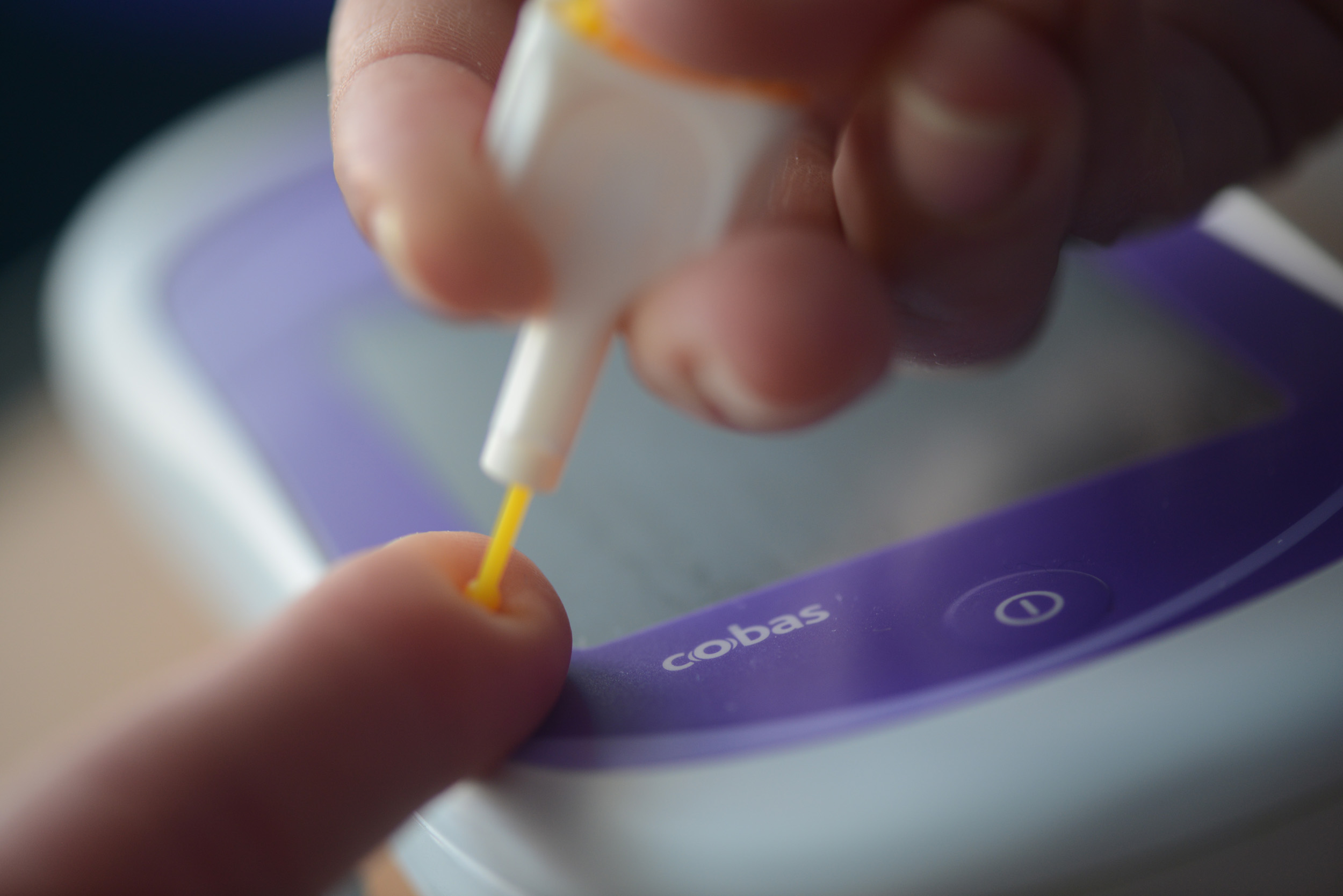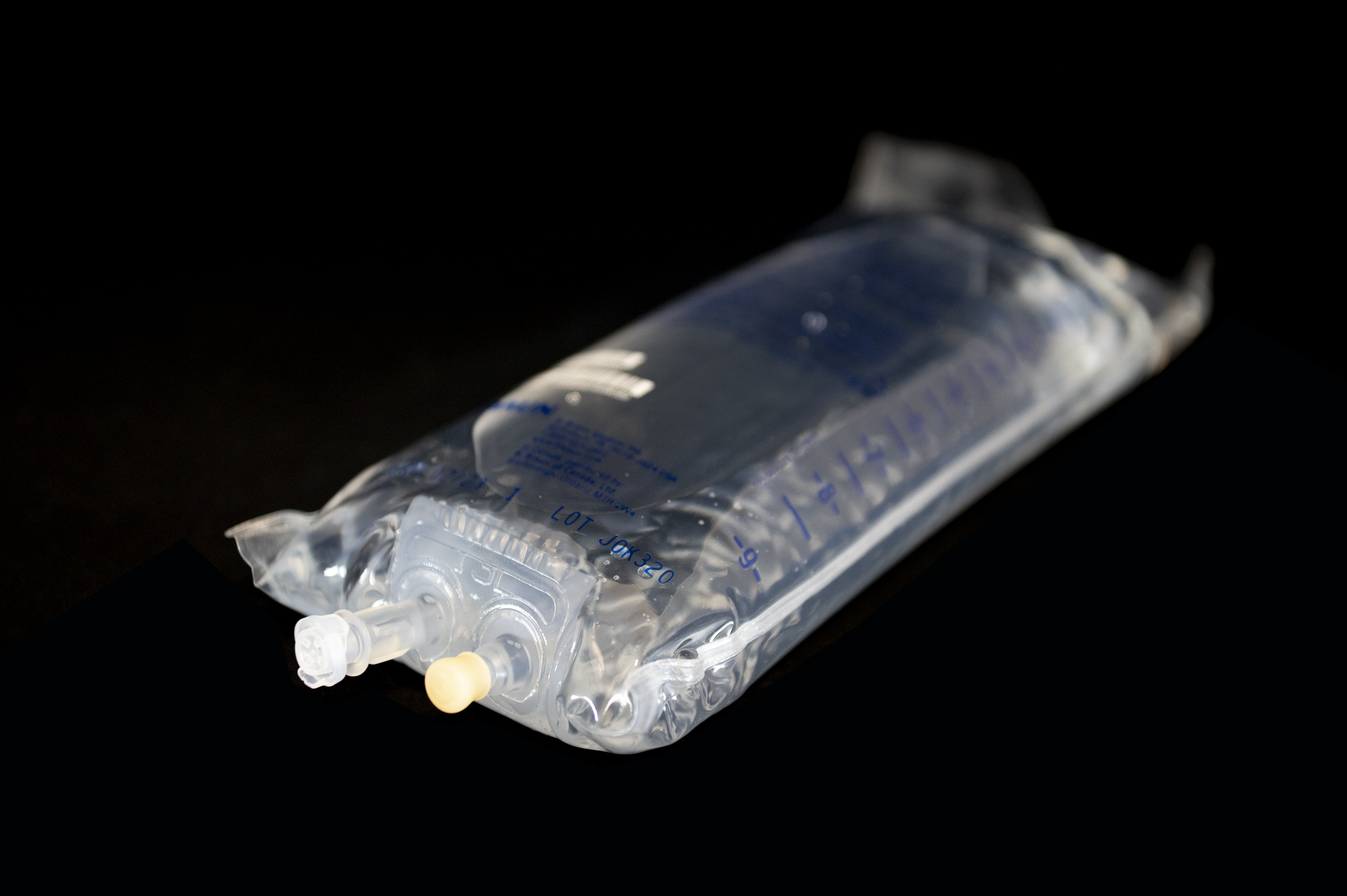Dr. Belsley’s office always has an open line of communication. Detailed postoperative instructions will be provided, but should any questions occur regarding maintenance, what to expect, or what can and cannot be done post-surgery, then patients should call the office any time on Monday through Friday during normal business hours. All preparations concerning day to day activity and care post-surgery should be made in advance.
Urgent questions, such as an unexpected onset of pain or a sudden and noticeable change concerning the procedure site, should prompt a call to the office at any point in the day or night.
If an emergency should occur, call 911.
What are signs of an infection?
The signs of infection are most commonly fever, chills, pain, or a change in skin color. Any one of these symptoms should prompt a call to Dr. Belsley’s office.


Should I restart my home medications?
Any medications stopped by Dr. Belsely pre-surgery will be restarted by Dr. Belsley when she feels it is appropriate to do so.
Under no circumstances should you restart a home medication that had been stopped without clearance from Dr. Belsley. This could prove hazardous to the healing process and your overall health.
What if I am having trouble eating?
If you are able to remain hydrated, eating less is likely not a cause for concern. Dr. Belsley suggests a soft or liquid diet following surgery. Should you experience nausea or vomiting, this should prompt a call to the office. Should you find your eating pattern regressing, meaning you were eating normally and later find yourself unable to tolerate the same types of foods, this should also prompt a call to the office.
Overall, eating less and losing a degree of weight following a procedure is normal.


Why am I constipated after surgery?
Constipation post-surgery is an unpleasant occurrence that is best avoided by drinking at least two to three liters of water a day and by taking a stool softener if necessary.
If you are on a narcotic pain medication, constipation is common. Concomitant use of a stool softener is essential.
When will my results look final?
